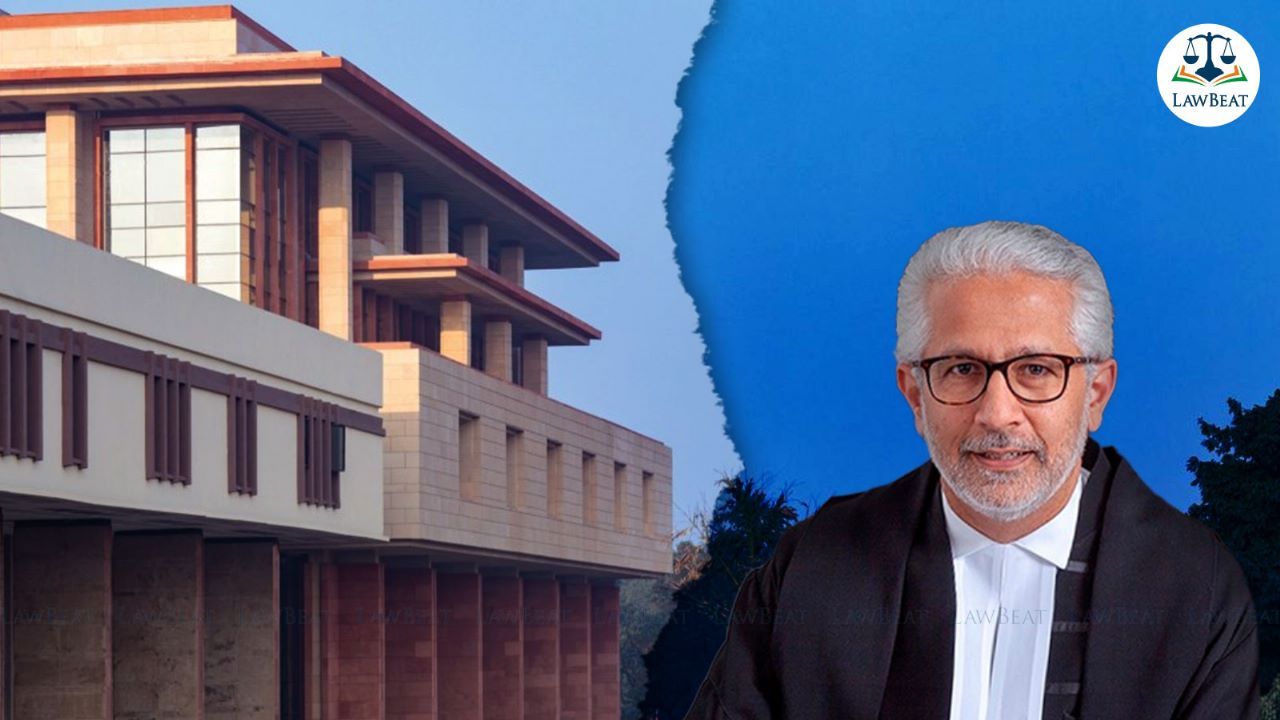'Improper To Reject Plea, Based On Hyper Technical Construction': Delhi HC Dismisses NIA’s Contention Of Maintainability In Plea Of UNLF’s Army Chief

The bench of Justice Anup Jairam Bhambhani held that “it would never be just or proper to reject a plea based on a pedantic, hyper-technical or restrictive construction of order dated 16.04.2024 made by the Division Bench, especially when that order expressly grants to the petitioners liberty to agitate the same issues before the competent court or forum”.
The Delhi High Court, on Thursday, rejected the contentions of the National Investigation Agency (NIA) regarding the maintainability of a writ petition filed by Thokchom Shyamjai Singh, a self-proclaimed Army Chief of the United National Liberation Front (UNLF).
Advocate Siddhartha Borgohain, representing Singh, approached the high court challenging Singh's arrest by the NIA. They also challenged the remand orders passed by the trial court, remanding them to NIA custody, and subsequently, to judicial custody.
Per NIA’s case, Singh along with his associates were involved in a trans-national conspiracy orchestrated by foreign-based leadership of terrorist organizations. The conspiracy aimed to exploit ethnic unrest and carry out terrorist attacks in the State of Manipur, as well as wage war against the Government of India. They were accused of raising funds for the UNLF through extortion, recruiting cadres, and procuring weapons to incite violence in Manipur.
Special Public Prosecutor Rahul Tyagi, for NIA, opposed their petition contending that this petition was not maintainable, as the petitioners had already raised these grounds in an earlier writ petition, which was dismissed following withdrawal. SPP Tyagi further argued that the principle of "constructive res judicata" applies to the current case, making a second writ petition based on the same facts and cause of action unsustainable.
The court noted that while the petitioners withdrew the earlier petition, they were also granted the liberty to raise the same issues before a competent court or forum. However, the NIA contended that this permission did not extend to filing a fresh petition in the same High Court, but rather, the petitioners should approach a different forum. The court elucidated “It therefore does not stand to reason why the words “before Competent Court/Forum” appearing in order dated 16.04.2024 would, for any conceivable reason, exclude a Bench dealing with a different subject-matter allocation, even if the different Bench exercises powers under the same Article 226 of the Constitution”.
Initially, the petitioners had filed a writ of habeas corpus before the Division Bench, claiming they were unaware of the grounds for their detention. After withdrawing this petition, they were granted the liberty to raise the same issues again.
The court also examined the provisions of the NIA Act, affirming that the Delhi High Court had jurisdiction, as the petitioners had been produced before a Special Court in Delhi. Moreover, the court noted that the petitioners could not appeal under section 21 of the NIA Act, as the remand order was interlocutory in nature.
In the new petition, the court observed that the petitioners not only challenged their arrest but also their remand, citing recent Supreme Court decisions that had not been presented before the Division Bench. The court, referring to the case of Sarguja Transport Service v State Transport Appellate Tribunal, reiterated that “matters relating to personal liberty are outside the ambit of the semantics of ‘withdrawal’ and ‘re-filing’ of proceedings”.
For Petitioners: Advocates Siddhartha Borgohain, Aditya Giri, and Hemant Kalra
For Union: Standing Counsel Amit Tiwari and Government Pleader Vedansh Anand with Advocates Chetanya Puri, A. Tanwar, Rahul Bhaskar and Soumyadip Chakraborty
For NIA: Special Public Prosecutor Rahul Tyagi with Advocates Sangeet Sibou, Jatin, Mathew M. Philip, Priya Rai and Abhishek Tomar
Case Title: Thokchom Shyamjai Singh v Union Of India (2024:DHC:7534)
